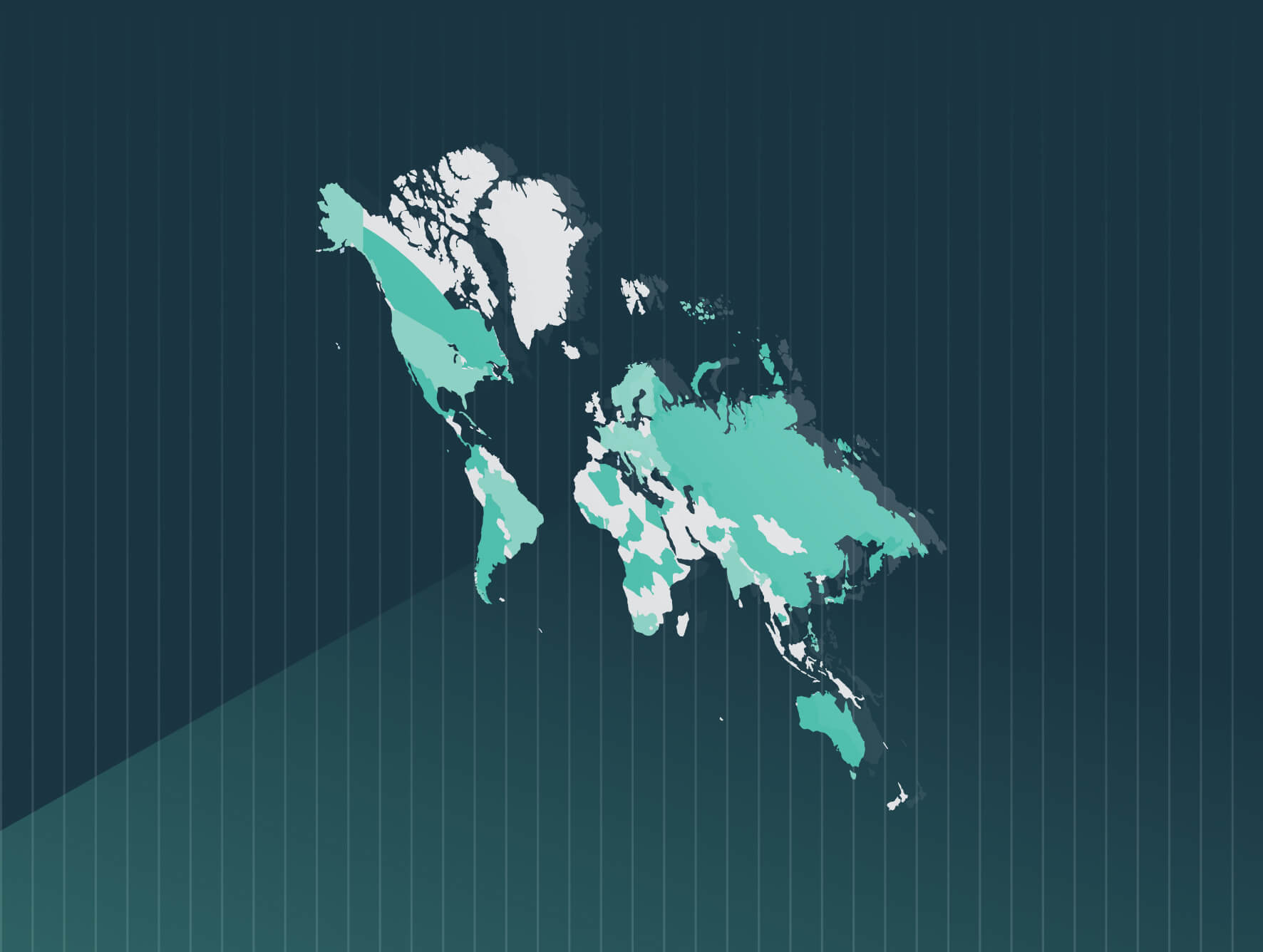Today is the EEO-1 Component 1 Filing Deadline
Today, October 25, is the deadline to submit Component 1 of the annual EEO-1 report for the 2019 and 2020 tax years. The deadline was originally extended to August 23 due to the impact of the COVID-19… Read More
OFCCP Confirms It Will Leverage EEO-1 Component 2 Pay Data
The Office of Federal Contract Compliance Programs (OFCCP) recently announced that effective immediately, it would be using EEO-1 Component 2 pay data for enforcement. This is a complete departure from the agency’s previous statements. In the official notice, the… Read More
McDonald’s Paves the Way With DEI Data Transparency
McDonald’s is laying the groundwork for universal pay equity measures nationwide with new commitments to disclose diversity, equity, and inclusion (DEI) data. This move is a breakthrough for pay equity advocacy and signifies a significant cultural leap toward workforce transparency. Below we’ve outlined McDonald’s commitments, how… Read More
Georgia Results May Have Impact on Federal Pay Equity Law
Federal pay equity legislation took another step toward becoming reality after the victories of two Democrats in the January 5 Senate runoff election in Georgia. Democrats will soon hold a slim edge in the Senate, and according to Bloomberg, this… Read More






